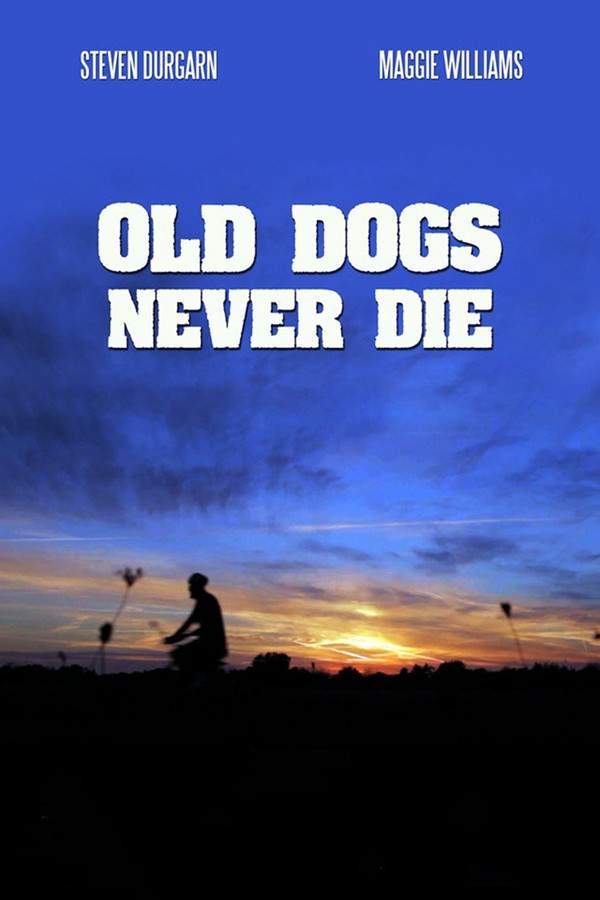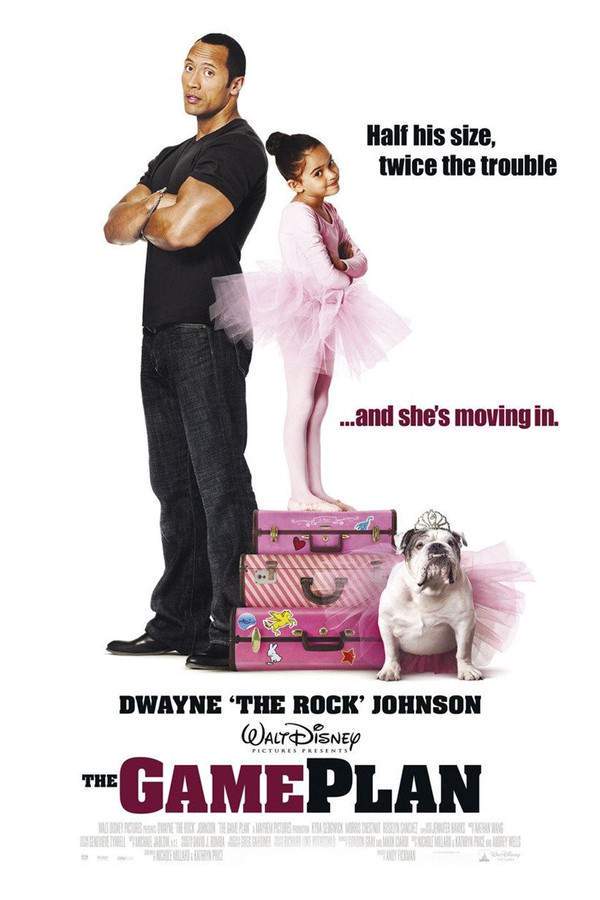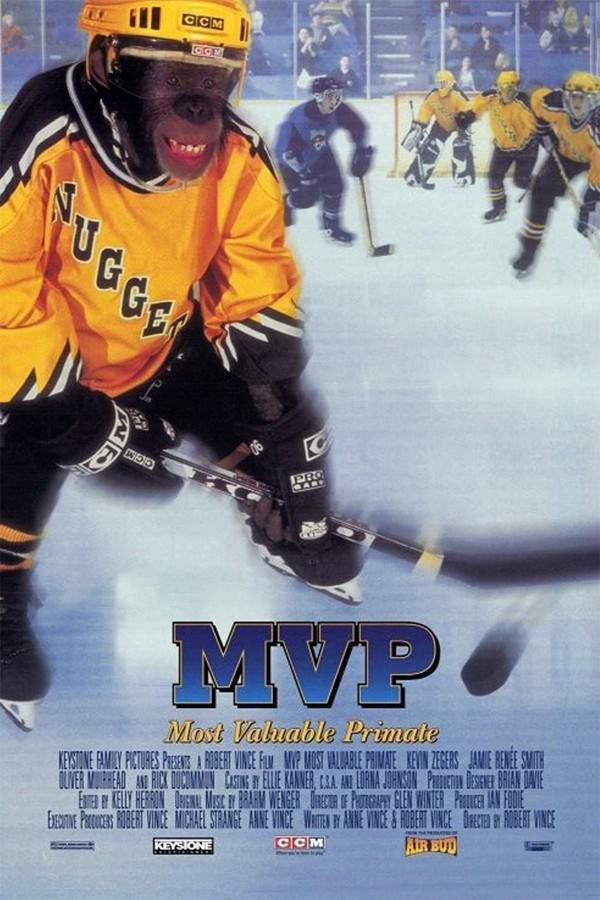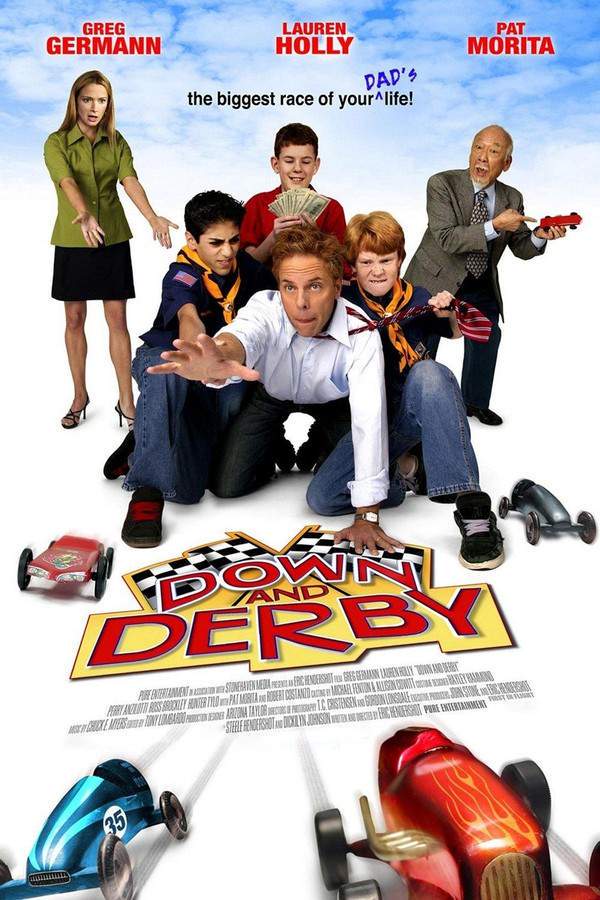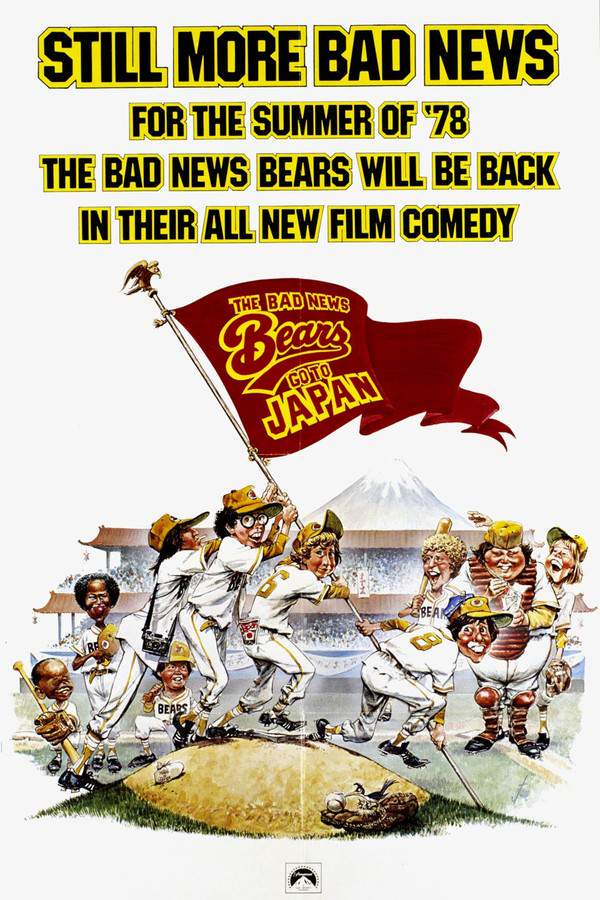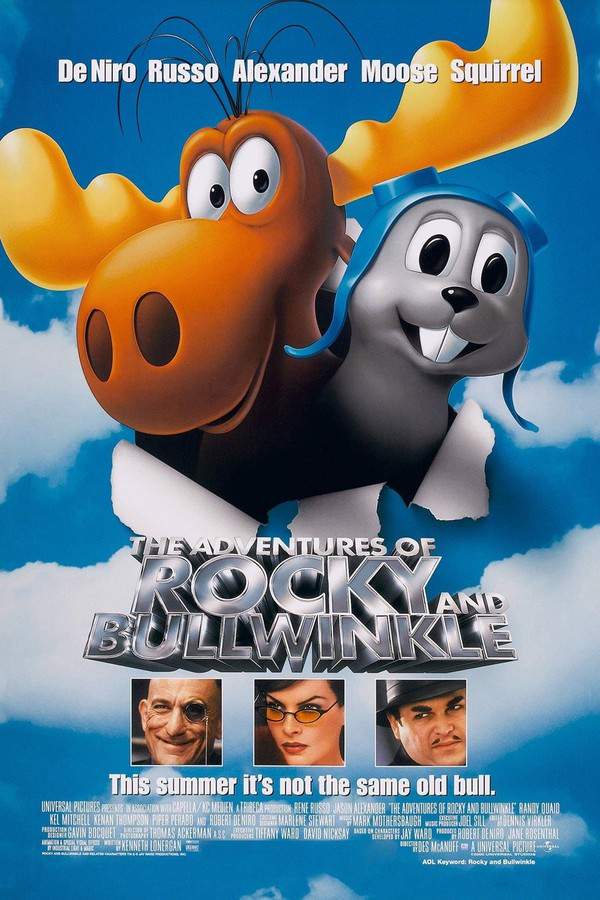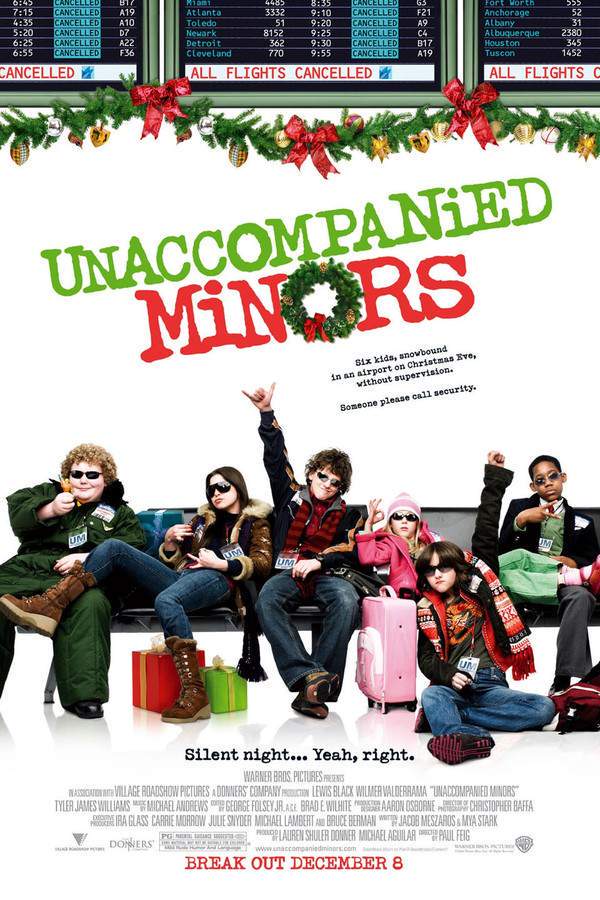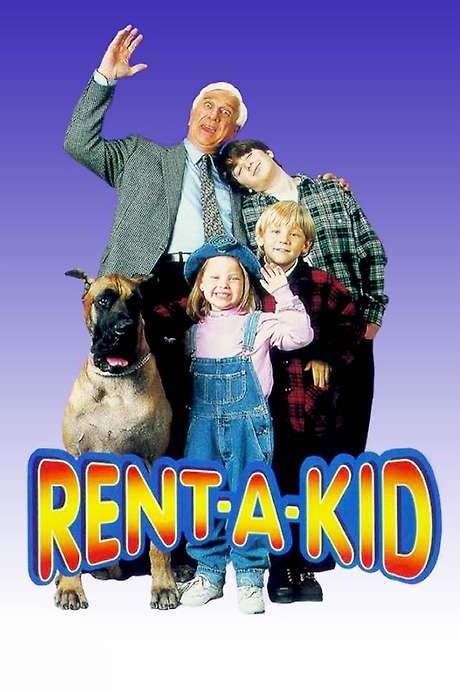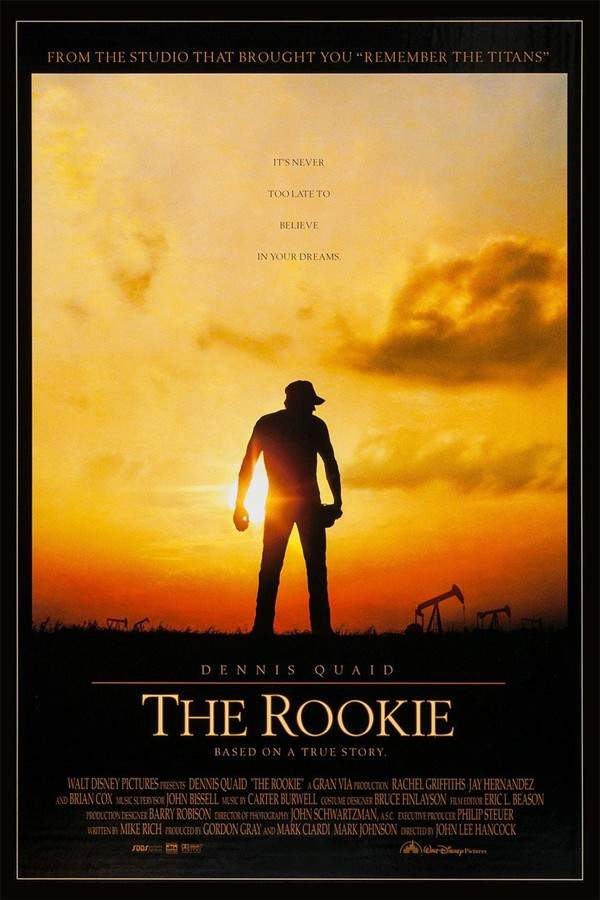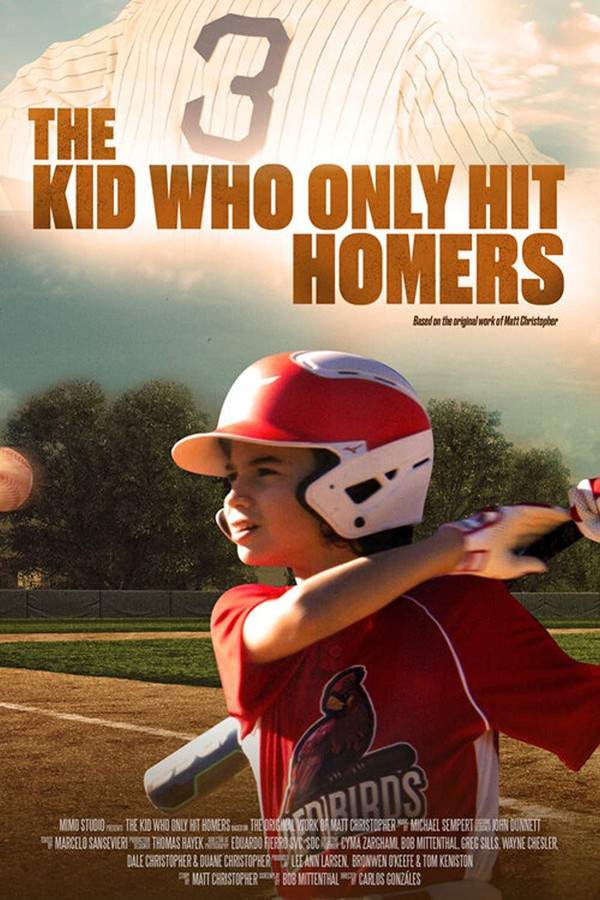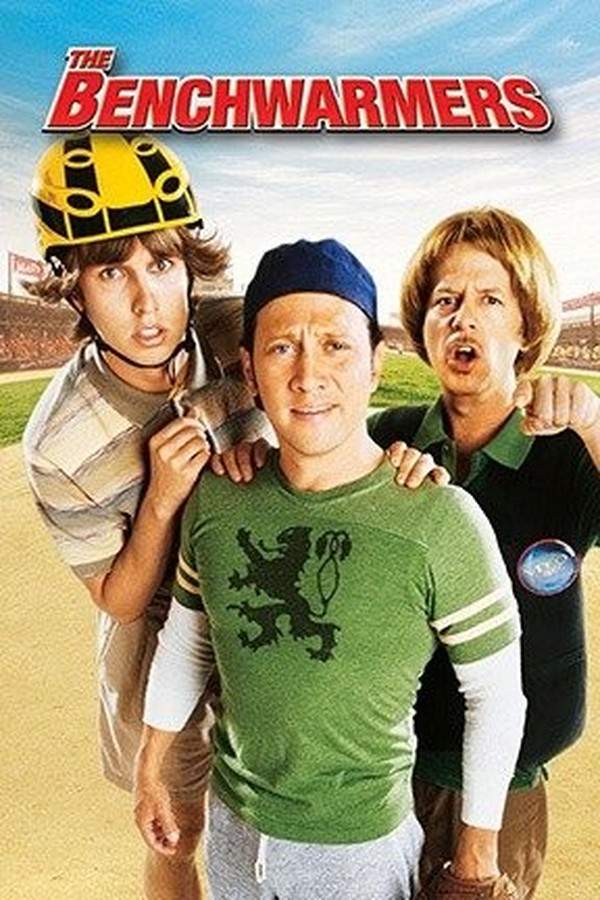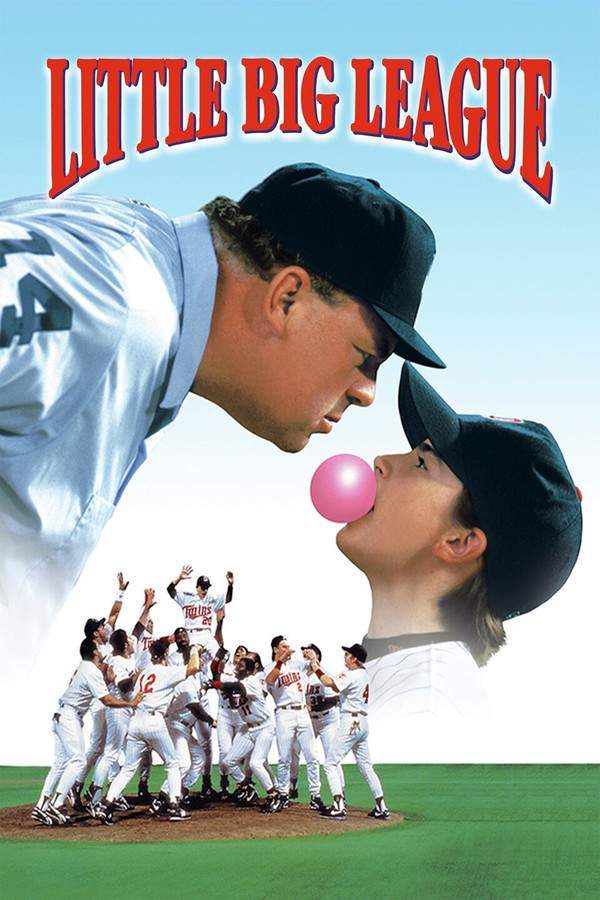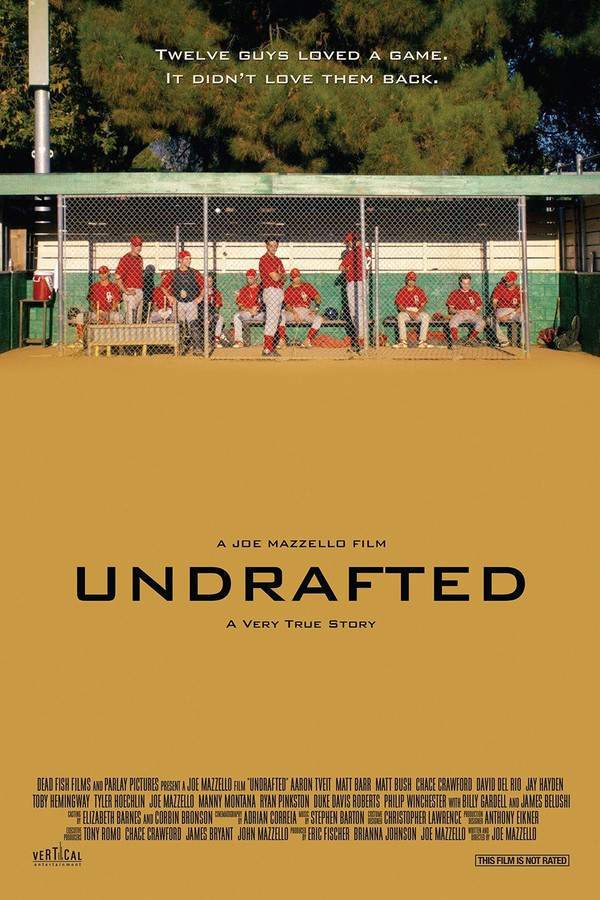
Rookie of the Year
Year: 1993
Runtime: 103 mins
Language: English
12‑year‑old Henry Rowengartner, whose late father was a minor‑league player, breaks his arm at school; the tendon heals tightly, granting him a 103 mph fastball. Cubs GM “Fish” Fisher sees Henry at Wrigley when he rockets a home‑run ball back from the bleachers, sparking hope that the Chicago Cubs, under Bob Carson, have found a miracle pitcher.
Warning: spoilers below!
Haven’t seen Rookie of the Year yet? This summary contains major spoilers. Bookmark the page, watch the movie, and come back for the full breakdown. If you're ready, scroll on and relive the story!
Rookie of the Year (1993) – Full Plot Summary & Ending Explained
Read the complete plot breakdown of Rookie of the Year (1993), including all key story events, major twists, and the ending explained in detail. Discover what really happened—and what it all means.
Henry Rowengartner, Thomas Ian Nicholas, is an unskilled Little Leaguer who dreams of reaching the Major Leagues. He lives with his mother Mary Amy Morton, whose life becomes tangled in a relationship with Jack Bradfield Bruce Altman. When Henry breaks his arm catching a fly ball, a doctor’s check after the cast comes off reveals a surprising twist: his tendons have healed “a little too tight,” granting him an extraordinary throwing arm.
At Wrigley Field, during a Cubs game against the Montreal Expos, a home run ball is tossed back by fans in a Cubs tradition. Henry’s throw is so powerful that the ball streaks all the way to home plate, a distance of 435 feet (133 m). The Cubs’ general manager, Larry Fisher Dan Hedaya, sees this as a potential miracle for the team’s ailing attendance, and sets his sights on Henry. Manager Sal Martinella [Albert Hall] visits Henry at home with a radar gun and confirms the impossible: Henry can pitch over 100 miles per hour (160 km/h), far beyond any typical Little League pitcher. For the remainder of the season, Henry balances the shock of playing in the big leagues with the chance to share the field with one of his childhood heroes, aging pitcher Chet “The Rocket” Steadman [Gary Busey], while being coached by the inept Phil Brickma [Daniel Stern] and navigating the social whirl that comes with sudden fame.
Henry’s debut in the majors comes as a relief pitcher against the New York Mets. His first pitch sails out of the park for a home run by the Mets’ arrogant slugger Heddo, then brushes a batter, and a wild pitch follows—yet he still secures his first save. Under Steadman’s mentorship, Henry sharpens his control and earns a second save, this time against the San Francisco Giants, along with his first MLB strikeout. The progress is undeniable, even as the spotlight grows brighter around him.
A road game against the Los Angeles Dodgers becomes a showcase of Henry’s growing talent and his oddball style. He faces a crafty pitcher whose small stature and tight strike zone frustrate him, forcing the game into a strategic standoff. The pitcher relishes a moment of taunt at first and second base; the ensuing tension buckles the game into a memorable sequence, with both sides pushing toward a late-inning comeback.
As the Cubs surge, Henry’s personal life threads into the spotlight as well. Mary and Steadman begin to develop feelings for one another, complicating Henry’s world of baseball, friendships, and deadlines. Jack, feeling his control slipping, tries to push through a deal that would send Henry to the New York Yankees, a proposition that would net him a sizable payout. Mary ultimately discovers the truth behind the contract and ends the relationship with Jack, while Henry’s friends rally to help him finish a boat project rather than chase a lucrative but risky commercial deal. The Cubs’ owner, Bob Carson [Eddie Bracken], explains he never authorized any Yankees deal and commits to keeping Henry with the team. Fisher’s scheming is exposed, and Carson demotes him to the role of hot dog vendor, a move that underscores the owner’s loyalty to Henry’s development and the Cubs’ future.
On the final day of the season, the Cubs face the Mets again at Wrigley Field. Steadman starts and delivers perhaps his best performance in years, but his arm finally gives out on the last pitch. He hands the ball to Henry, who promptly shuts down the opposition by striking out the side in the seventh and eighth innings. In the top of the ninth, Henry’s arm regresses to his normal strength, and the team faces a tense moment. He intentionally walks the first batter, explains the plan to his teammates, and passes the ball to the first baseman for a crucial tag. After a brief duel and a challenging pitch to Heddo, Henry spots a taped message inside his glove that bears not his father’s name, but Mary’s. In the stands, she signals him to throw a “Floater.” He does, and Heddo swings and misses, flabbergasted, as Henry clinches the division title for the Cubs and seals the moment by flipping the game-winning ball to his mother.
Spring returns, and Henry plays Little League again with Mary and Steadman, now his team’s coaches and partners. When Henry catches a potential home run ball that seals victory for his team, he raises a victorious fist, revealing a Cubs championship ring—an emblem of his pivotal role in bringing the team to the World Series and, ultimately, securing the Cubs’ triumph.
Last Updated: October 09, 2025 at 09:20
Explore Movie Threads
Discover curated groups of movies connected by mood, themes, and story style. Browse collections built around emotion, atmosphere, and narrative focus to easily find films that match what you feel like watching right now.
Wholesome Underdog Sports Movies like Rookie of the Year
Inspiring stories where an unlikely hero defies the odds to achieve greatness.If you enjoyed the feel-good triumph of Rookie of the Year, you'll love these other inspiring sports stories. Discover movies where an unlikely hero gets a miraculous chance to shine, filled with teamwork, lighthearted fun, and uplifting endings that leave you cheering.
Narrative Summary
These narratives typically follow a linear 'Cinderella story' arc: an ordinary person, often a child or an amateur, stumbles into extraordinary athletic success. The journey involves overcoming initial disbelief, navigating the challenges of sudden fame, facing a minor antagonist or setback, and ultimately proving their worth through a climactic, crowd-pleasing victory that reinforces themes of belief and heart.
Why These Movies?
Movies in this thread are grouped by their shared lighthearted tone, focus on inspirational underdog journeys, and predictable yet satisfying sports-movie structure. They prioritize fun, feel-good emotions, and a hopeful outlook over intense drama or complex plots, creating a reliably cheerful and uplifting viewing experience.
Movies about Kids with Magical Talents like Rookie of the Year
Cheerful adventures where a child's extraordinary talent turns their world upside down.Fans of Rookie of the Year's premise of a kid with a miracle arm will enjoy these other films. Explore stories where children get a magical power or an incredible opportunity in the adult world, leading to comedic mishaps, lighthearted adventures, and heartwarming conclusions.
Narrative Summary
The narrative pattern revolves around a sudden, often magical, change in a child's ordinary life that propels them into an adult domain. The story explores the initial excitement and comedy of this disruption, followed by challenges that teach responsibility and the importance of being true to oneself. The arc typically concludes with the child using their special status to solve a problem before returning to a improved version of their normal life.
Why These Movies?
These films are united by their central wish-fulfillment fantasy, light comedic tone, and focus on a child's perspective. They share a low-intensity, steady pacing that makes them accessible family viewing, blending gentle humor with positive messages about growth and self-discovery without ever becoming dark or overly complex.
Unlock the Full Story of Rookie of the Year
Don't stop at just watching — explore Rookie of the Year in full detail. From the complete plot summary and scene-by-scene timeline to character breakdowns, thematic analysis, and a deep dive into the ending — every page helps you truly understand what Rookie of the Year is all about. Plus, discover what's next after the movie.
Rookie of the Year Timeline
Track the full timeline of Rookie of the Year with every major event arranged chronologically. Perfect for decoding non-linear storytelling, flashbacks, or parallel narratives with a clear scene-by-scene breakdown.

Characters, Settings & Themes in Rookie of the Year
Discover the characters, locations, and core themes that shape Rookie of the Year. Get insights into symbolic elements, setting significance, and deeper narrative meaning — ideal for thematic analysis and movie breakdowns.

Rookie of the Year Spoiler-Free Summary
Get a quick, spoiler-free overview of Rookie of the Year that covers the main plot points and key details without revealing any major twists or spoilers. Perfect for those who want to know what to expect before diving in.

More About Rookie of the Year
Visit What's After the Movie to explore more about Rookie of the Year: box office results, cast and crew info, production details, post-credit scenes, and external links — all in one place for movie fans and researchers.

Similar Movies to Rookie of the Year
Discover movies like Rookie of the Year that share similar genres, themes, and storytelling elements. Whether you’re drawn to the atmosphere, character arcs, or plot structure, these curated recommendations will help you explore more films you’ll love.
Explore More About Movie Rookie of the Year
Rookie of the Year (1993) Scene-by-Scene Movie Timeline
Rookie of the Year (1993) Movie Characters, Themes & Settings
Rookie of the Year (1993) Spoiler-Free Summary & Key Flow
Movies Like Rookie of the Year – Similar Titles You’ll Enjoy
The Rookie (2002) Story Summary & Characters
The Kid (2000) Plot Summary & Ending Explained
The Benchwarmers (2006) Detailed Story Recap
Little Big League (1994) Detailed Story Recap
Undrafted (2016) Plot Summary & Ending Explained
The Sandlot: Heading Home (2007) Spoiler-Packed Plot Recap
The Rookie Bear (1941) Full Summary & Key Details
The Kid from Left Field (1979) Ending Explained & Film Insights
The Kid from Left Field (1953) Full Movie Breakdown
The Kid from Cleveland (1949) Movie Recap & Themes
Rookies the Movie: Graduation (2009) Detailed Story Recap
Little Giants (1994) Ending Explained & Film Insights
Big Leaguer (1953) Detailed Story Recap
Rookie of the Year (1955) Film Overview & Timeline
Major League: Back to the Minors (1998) Plot Summary & Ending Explained


